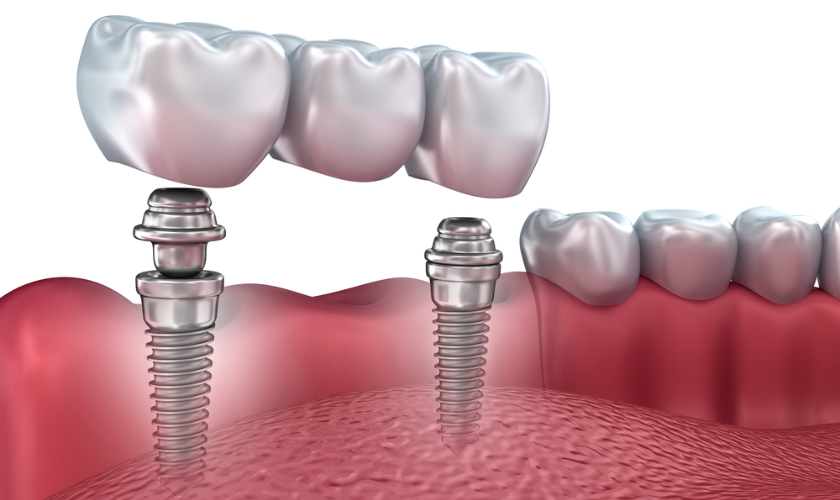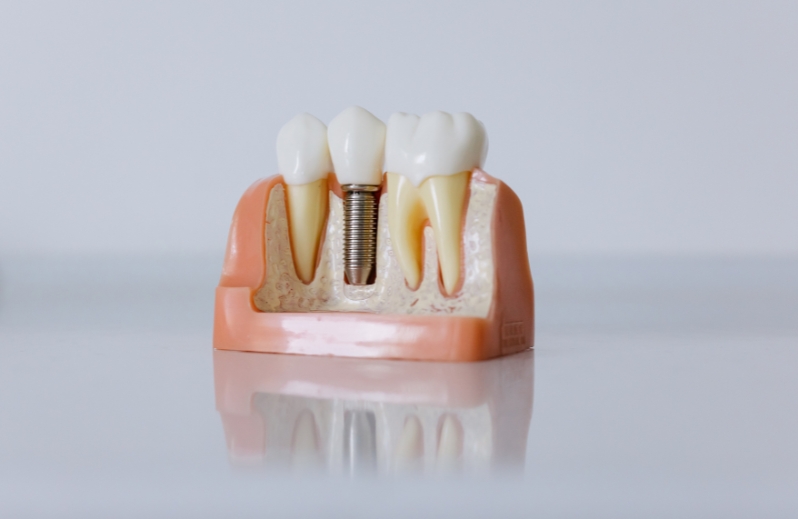
In the ever-evolving field of dentistry, the future beckons with transformative innovations set to redefine the landscape of dental implantology. As technology advances and research paves the way for groundbreaking discoveries, patients and practitioners alike find themselves on the cusp of an era where precision, personalization, and efficiency converge. This blog sheds light on a journey into the future, exploring the top trends in dental implantology that hold the promise of revolutionizing procedures and enhancing outcomes. From the integration of artificial intelligence to the application of regenerative therapies, join us in unraveling the exciting prospects that lie ahead.
Digital Dentistry’s Dominance:
The advent of digital dentistry has already begun to reshape the way dental implant procedures are conducted. Innovations like intraoral scanners, 3D Printing, and computer-aided design/computer-aided manufacturing (CAD/CAM) are streamlining processes, enhancing precision, and offering a more patient-centric approach.
Augmented Reality (AR) and Virtual Reality (VR) Integration:
The integration of AR and VR technologies is anticipated to play a significant role in dental implantology. These immersive technologies offer practitioners the ability to visualize and plan procedures with unparalleled accuracy. From treatment simulations to patient education, AR and VR enhance both the diagnostic and communicative aspects of implant procedures.
Biocompatible Materials and 3D Printing:
The future holds exciting possibilities for the development of new biocompatible materials that enhance the longevity and success of dental implants. Additionally, 3D Printing is likely to play a pivotal role, allowing for the fabrication of custom implants and prosthetics tailored to individual patient needs.
Artificial Intelligence (AI) in Treatment Planning:
AI’s incorporation into treatment planning is set to revolutionize the decision-making process for dental implant procedures. Machine learning algorithms can analyze vast datasets, improving diagnostic accuracy and aiding practitioners in creating personalized treatment plans that optimize success rates.
Immediate Load Implants and Accelerated Healing:
Advancements in implant design and surface technology may lead to an increase in immediate load implants. These implants allow for the placement of prosthetics shortly after implantation, reducing overall treatment times. Concurrently, accelerated healing techniques may become more prevalent, minimizing recovery periods for patients.
Nanotechnology for Enhanced Integration:
Nanotechnology is poised to enhance the integration of implants with the surrounding bone tissue. Through the use of nanomaterials and coatings, implant surfaces can be modified to encourage faster osseointegration and reduce the risk of complications.
Personalized Medicine in Implant Dentistry:
The future of dental implantology may witness a shift towards personalized medicine, with treatment plans tailored to an individual’s genetic makeup, health history, and specific oral conditions. This approach aims to maximize treatment success and patient satisfaction by accounting for unique biological factors.
Teledentistry and Remote Monitoring:
Teledentistry, already gaining traction, is likely to become more integrated into the dental implant process. Remote consultations, treatment planning discussions, and post-operative monitoring can enhance accessibility and convenience for both practitioners and patients.
Regenerative Therapies and Bioengineering:
Research in regenerative therapies and bioengineering is opening new avenues for tissue regeneration around dental implants. From growth factors to stem cell therapies, these approaches aim to enhance the body’s natural ability to heal and regenerate tissues, improving overall implant success.
Environmental Sustainability in Implant Materials:
As environmental consciousness grows, the dental industry is expected to explore sustainable implant materials and manufacturing processes. This focus on eco-friendly practices aligns with the broader trend of sustainability in various industries.
The future of dental implantology promises an exciting journey marked by innovation, precision, and enhanced patient outcomes. As these trends unfold, the collaborative efforts of dental professionals, researchers, and technological pioneers will undoubtedly shape a landscape where dental implant procedures are not only more efficient but also more personalized and accessible than ever before. Embracing these advancements ensures that the field continues to evolve, offering patients the best possible solutions for restoring their smiles and oral health.




